Partners Polar symposium 2024
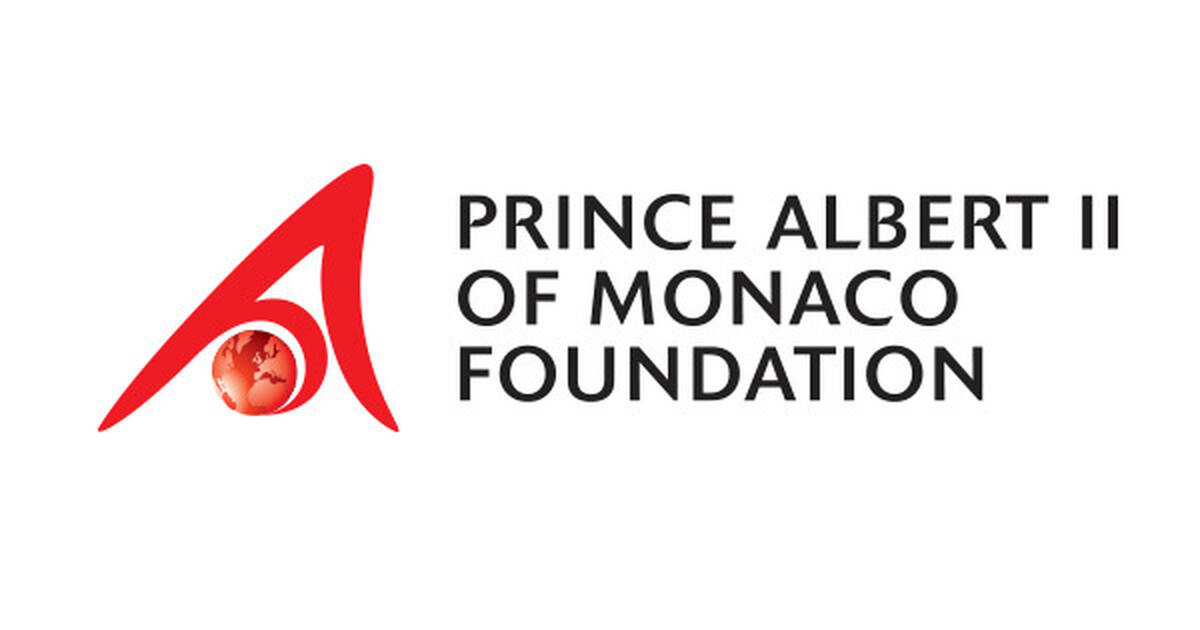
Prince Albert II of Monaco Foundation
The Prince Albert II of Monaco Foundation is a global non-profit organisation committed to progressing Planetary Health for present and future generations. Founded by HSH Prince Albert II of Monaco in 2006, the Foundation exists to promote a new relationship with nature and the innovations that can impact this change. The Foundation aims to bring humanity together to empower impactful solutions for our planet's biodiversity, climate, ocean and water resources. It works in three main geographical areas : the Mediterranean Basin, the Polar Regions and the Least developed countries.
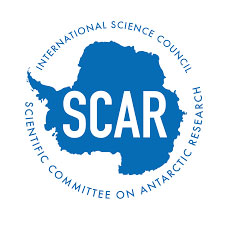
The Scientific Committee on Antarctic Research (SCAR)
SCAR is a thematic organisation of the International Science Council (ISC), and was created in 1958. SCAR is charged with initiating, developing and coordinating high quality international scientific research in the Antarctic region (including the Southern Ocean), and on the role of the Antarctic region in the Earth system. SCAR provides objective and independent scientific advice to the Antarctic Treaty Consultative Meetings and other organizations such as the UNFCCC and IPCC on issues of science and conservation affecting the management of Antarctica and the Southern Ocean and on the role of the Antarctic region in the Earth system.
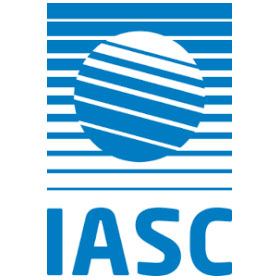
The International Arctic Science Committee (IASC)
IASC is a non-governmental, international scientific organization. IASC is committed to a mission of encouraging and facilitating cooperation in all aspects of Arctic research, in all countries engaged in Arctic research and in all areas of the Arctic region. Overall, IASC promotes and supports leading-edge interdisciplinary research in order to foster a greater scientific understanding of the Arctic region and its role in the Earth system. Rather than defining human and environmental boundaries, IASC tries to bridge those boundaries. IASC is also committed to recognizing that Traditional Knowledge, Indigenous Knowledge, and “Western” scientific knowledge are coequal and complementary knowledge systems, all of which can and should inform the work of IASC.
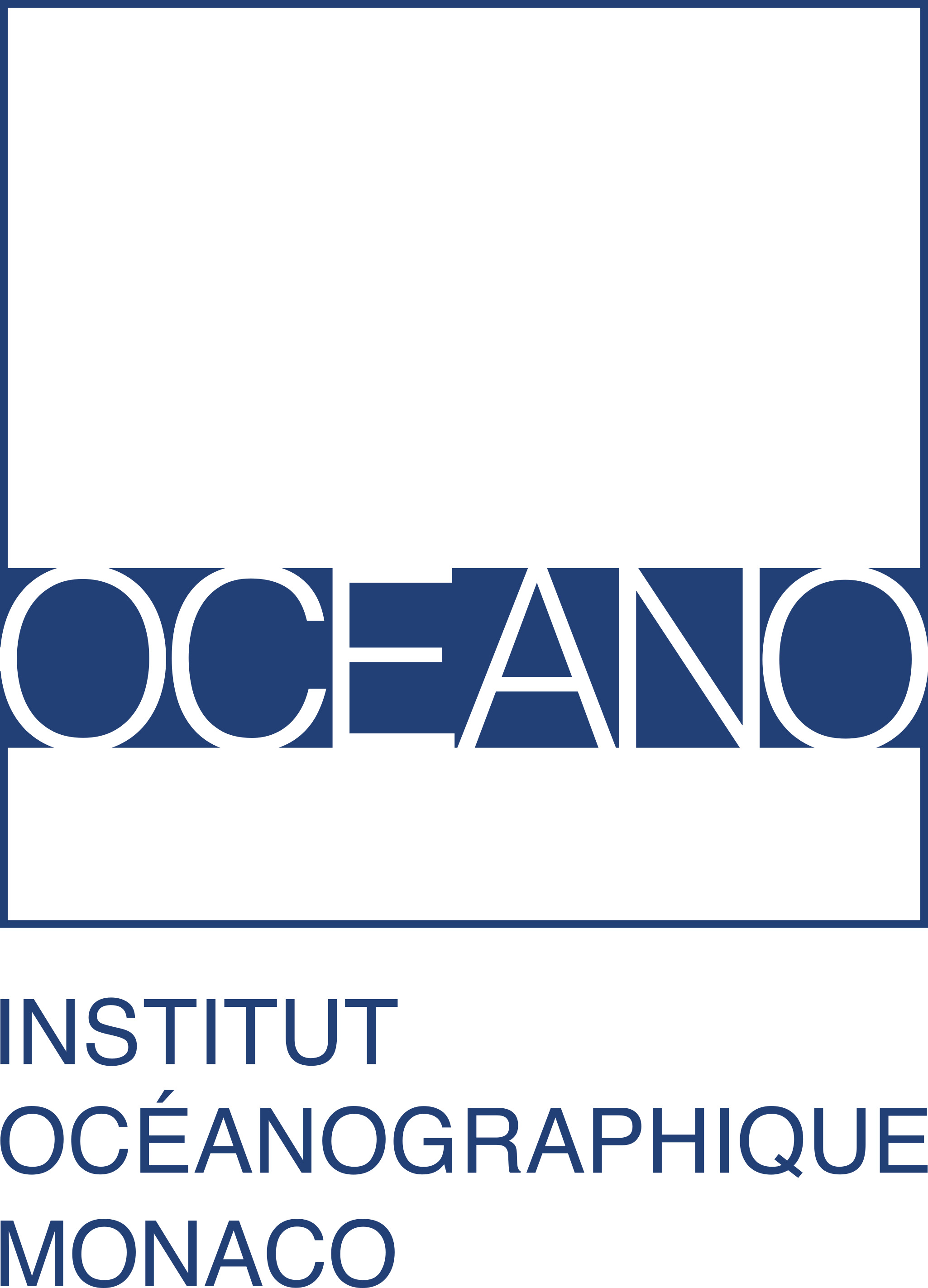
Oceanographic Institute, Prince Albert I of Monaco
The Institute of Oceanography is a foundation recognised as being of public utility, created in 1906 by Prince Albert I of Monaco. Under the impetus of its Honorary President, H.S.H. Prince Albert II of Monaco, it contributes to the Principality's commitment to the ocean, alongside the Prince's Government, the Prince Albert II of Monaco Foundation, the Monaco Scientific Centre and the Monaco Yacht Club. The Institute is involved in numerous projects on the national and international scenes (symposia, exhibitions, educational programmes, etc.) and is pursuing an important mission of environmental mediation. To this end, it relies on its two establishments - the Oceanographic Museum of Monaco and the Maison des océans in Paris - as well as on its digital tools and its actions outside the walls to disseminate the science of oceanography to the greatest number of people, combining it with art, the living world and collective and individual commitment.
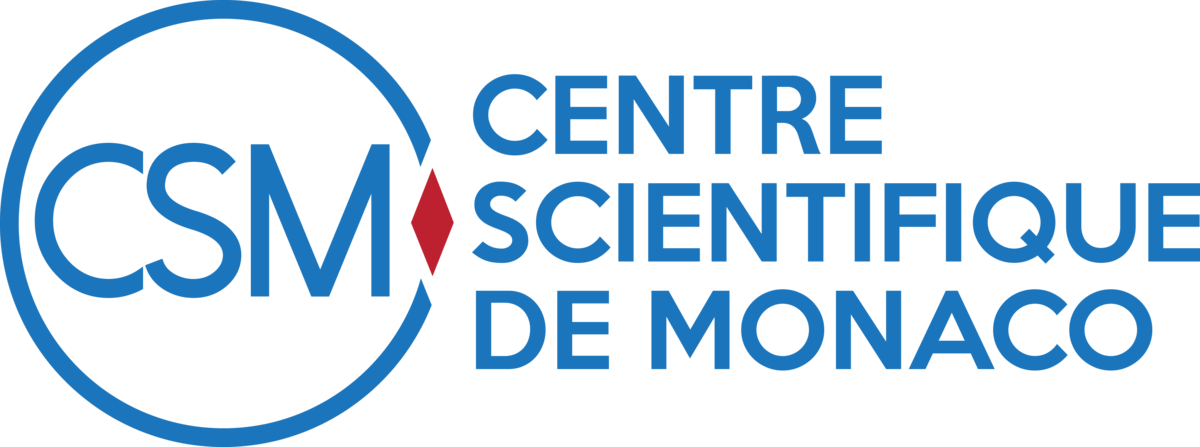
The Scientific Center of Monaco
Dedicated to scientific research, fundamental and applied, the work developed by the teams of the Monaco Scientific Center (CSM) are grouped into three departments. The primary concern of researchers in these departments is to study the bases of the functioning of organisms in order to better understand, and therefore better anticipate, the effects of environmental stresses (Physiology of Conservation) or therapeutic treatments (Translational Biology). The proximity of researchers favors rich exchanges that should bring new ideas to the boundaries of disciplines. Created in 2010 as part of an International Associated Laboratory (LIA BioSensib 647 - CSM - CNRS - University of Strasbourg), the department of polar biology provides the scientific basis for the use of penguins as an indicator of changes in polar ecosystems.

European Polar Board
The European Polar Board (EPB) is an independent organisation focused on major strategic priorities in the Arctic and Antarctic. EPB Members include research institutes, logistics operators, funding agencies, scientific academies and government ministries from across Europe. The EPB has a mission to improve European coordination in Arctic and Antarctic research through improved information sharing, optimised infrastructure use and joint initiatives between Members.
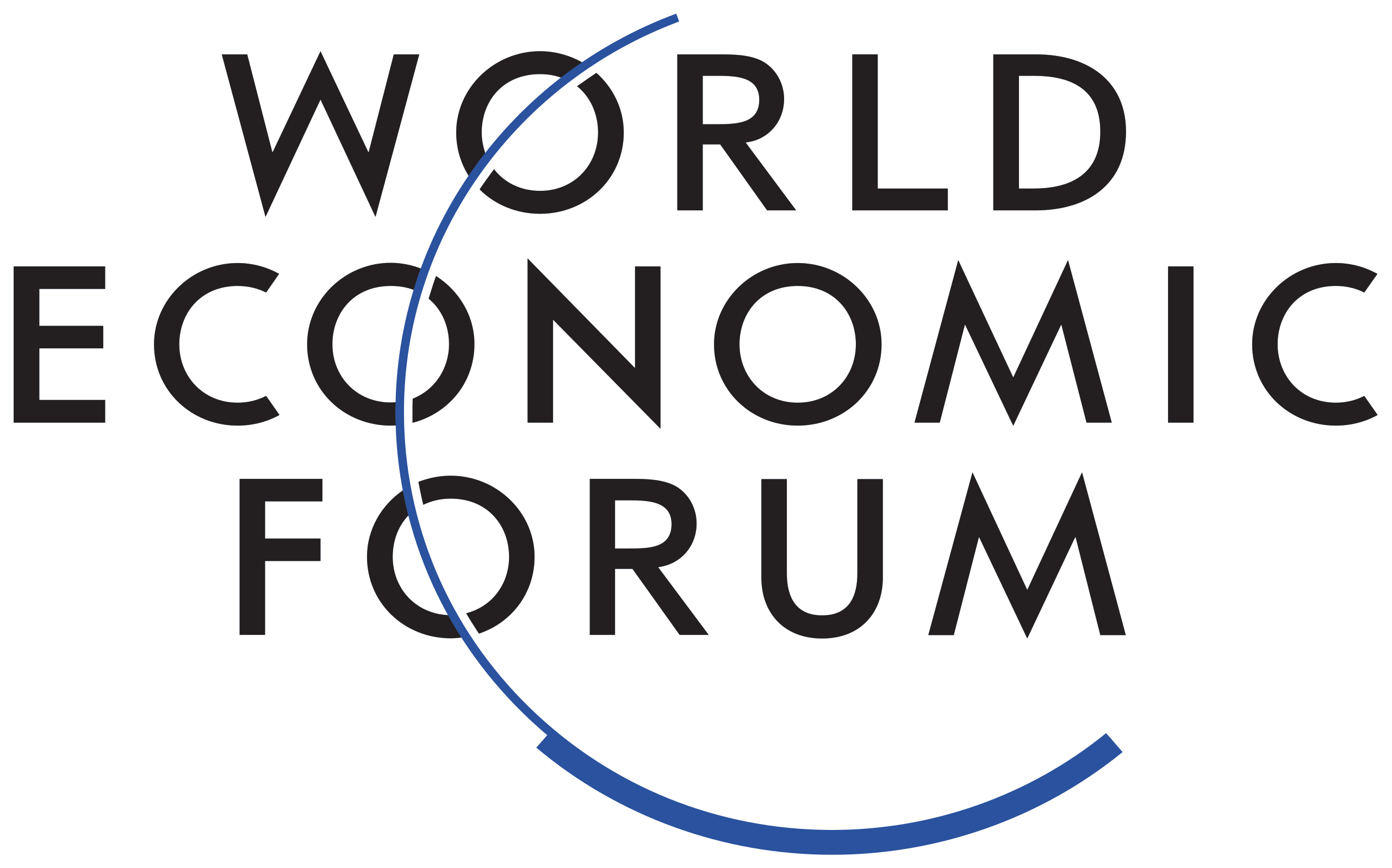
The World Economic Forum
The World Economic Forum is the International Organization for Public-Private Cooperation. The Forum engages the foremost political, business, cultural and other leaders of society to shape global, regional and industry agendas. The Forum strives in all its efforts to demonstrate entrepreneurship in the global public interest while upholding the highest standards of governance. The institution carefully blends and balances the best of many kinds of organizations, from both the public and private sectors, international organizations and academic institutions.

The Association of Polar Early Career Scientists (APECS)
The Association of Polar Early Career Scientists (APECS) is an international and interdisciplinary organization for undergraduate and graduate students, postdoctoral researchers, early career faculty members, early career professionals, educators and others with interests in Polar and Alpine regions and the wider cryosphere.
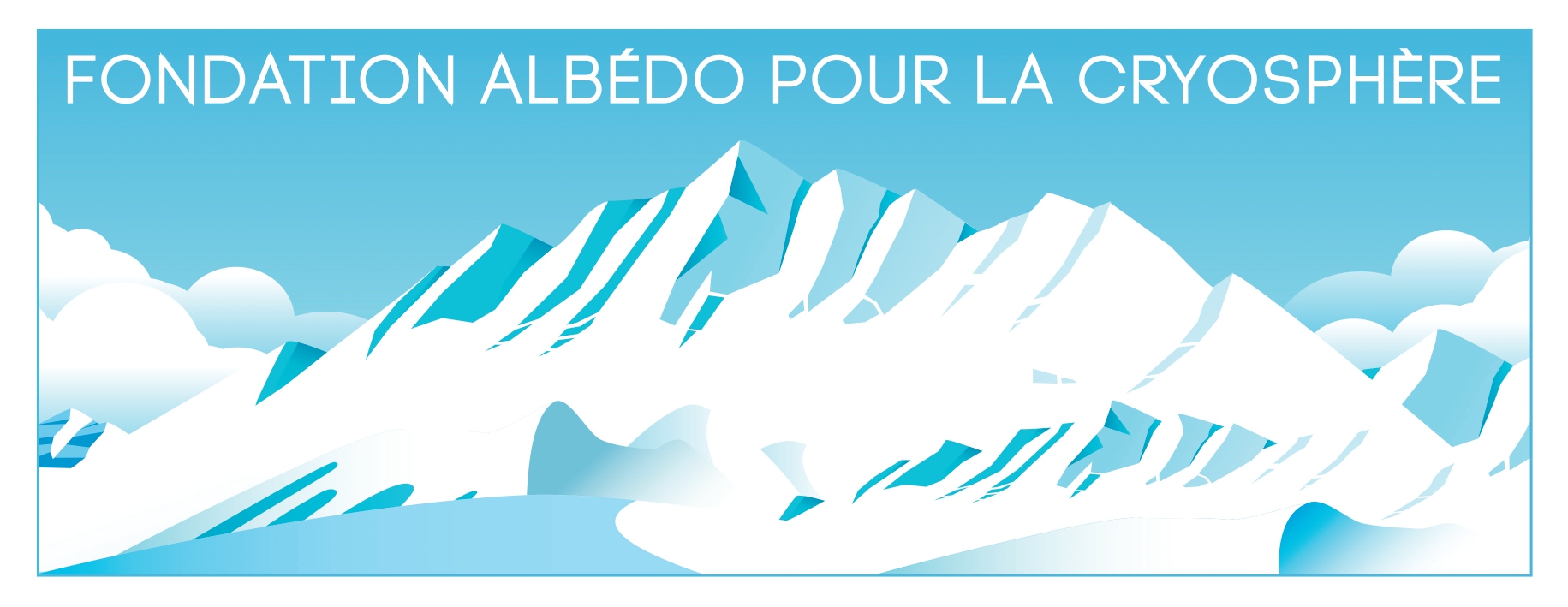
Albédo Foundation for the Cryosphere
Created under the aegis of the CNRS Foundation, the Albédo Foundation for the Cryosphere aims to finance research of French and French-speaking interest on the question of poles and glaciers in a desire to find solutions for their preservation. It also aims to carry out information and educational activities aimed at the general public. It is chaired by Frederik Paulsen.